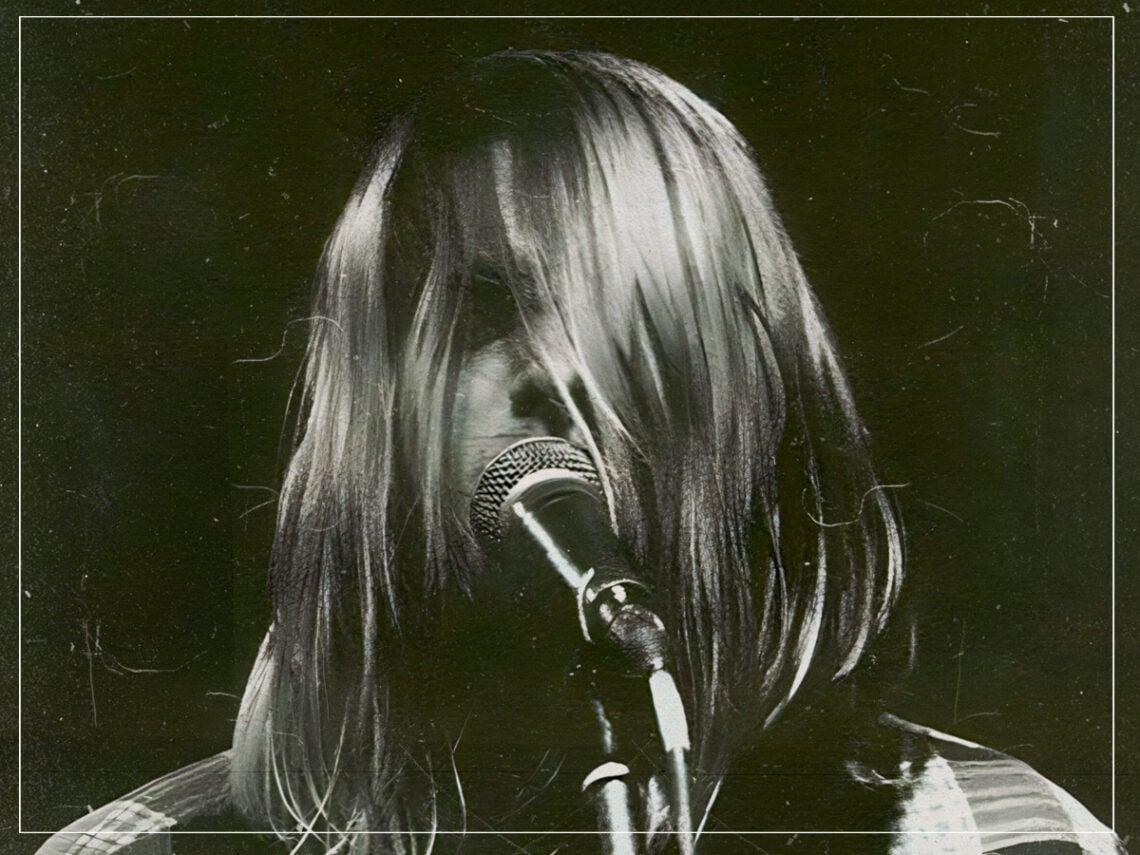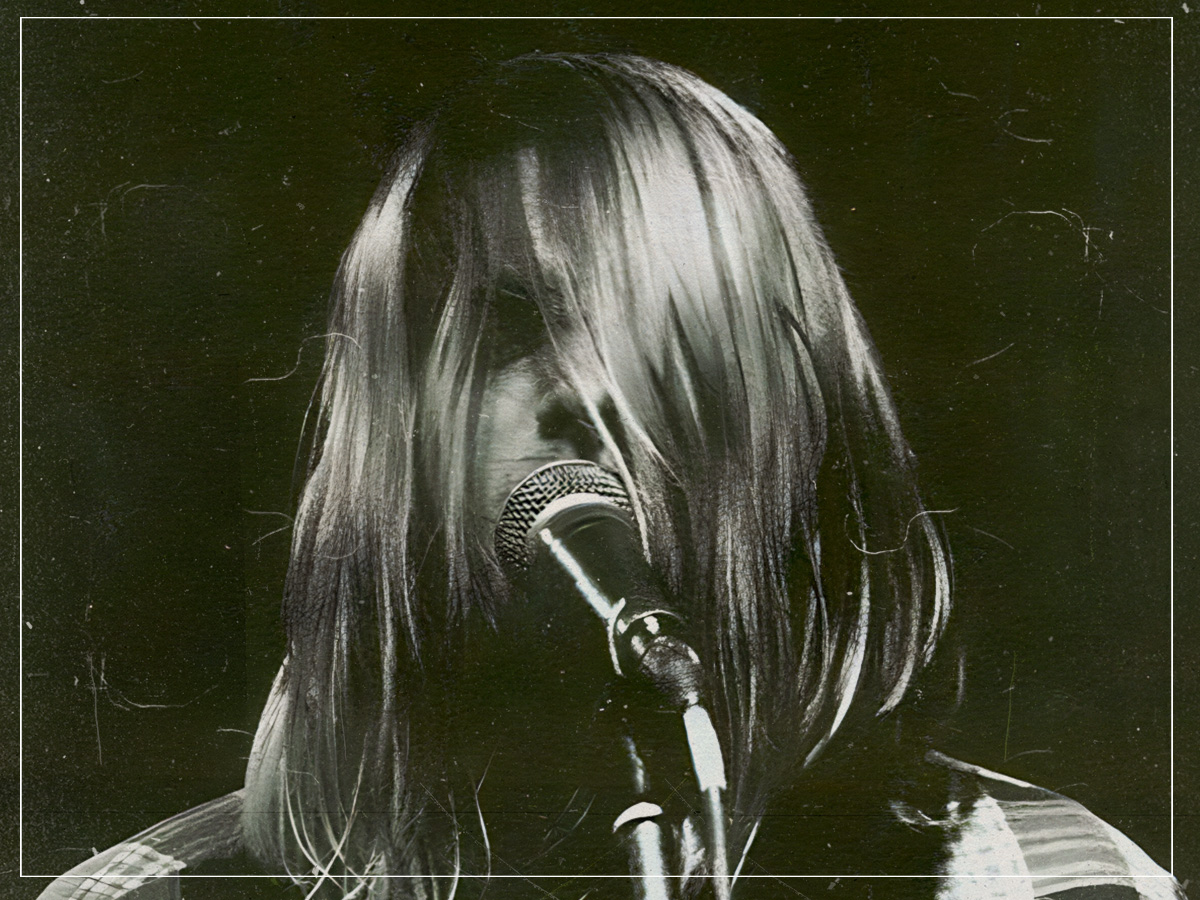
(Credits: Far Out / Subpop)
Sat 30 August 2025 19:00, UK
Kurt Cobain certainly knew how to push people’s buttons, wind them up and make enemies of his dissenters, especially when it came to his often controversial lyrical topics.
Nirvana were, of course, a remarkably successful band, but it was rather against the odds that they managed to achieve the amount that they did. There were moments where melody used to shine through the abrasion of their sound, but there was also something novel about the grunge style that they adopted and perfected. It appealed to a generation of people who felt like social outcasts or were looking to rebel, just as metal had done for the previous generation, and over the course of three albums, they connected to fans around the world.
As frontman at the helm, Cobain used his platform to call out social injustice – regularly backing women’s rights, the LGBTQ community, and race issues – though he often did so by ridiculing the other side. That said, some of his lyrics wandered into murky waters, and more than a few times, his words were twisted or taken the wrong way, labelled offensive when he’d meant the exact opposite.
‘Rape Me’ is perhaps one of the most famous examples of this, but the song that was released as the double A-side alongside it was ‘All Apologies’, which has a line in it that has puzzled people for years. But, what exactly did he mean by “What else can I say? / Everyone is gay” when he utters it in the second line of the song, and is the message of the song as straightforward as it seems on the surface?
What did Kurt Cobain mean when he sang “everyone is gay”?
Aside from the idea that it was just meant as an inflammatory remark to piss people off, there are a number of more complex ways you can interpret the meaning of this infamous line. It’s worth noting that Cobain was staunchly against homophobia, and potentially used this as a means of making prejudiced people squirm by insinuating that there are homosexual tendencies within all of us. Not only was this designed to wind up bigots, but also the church, who were particularly fond of stirring up moral panic at the time in an effort to turn followers against gay people.
However, while this may have upset a certain demographic, the dual etymology of the word brings the true meaning of the line into question. ‘Gay’ can also be used, especially in poetic language, to mean ‘happy’, and the meaning of the line could be suggesting that everyone around him is in a buoyant mood, despite him clearly being in a state of anguish and discomfort throughout the song.
Cobain contradicts himself all over the song, and that clash between upbeat delivery and inner gloom is likely the real point he was getting at. When In Utero was being made, he was in the thick of depression – so putting his own pain into a track that sounds oddly cheerful might’ve been exactly the contrast he wanted.
It’s also important to consider that the original lyrics for the song were written in 1990, three years before the song was officially released, and the mystery line didn’t exist in this version of the song. While plenty of other lines differ, “everyone is gay” replaced the line “all my words are grey”, which seemingly plays into the emotional connotations once again. My suggesting his words are “grey”, he’s attempting to convey that nothing he says is of any importance or interest, and so to change from this state of self-deprecation to fit in with the contradictory lines, Cobain instead chose to observe the feelings of those around him – thriving, jovial, and revelling in gaiety.
It will probably always remain a mystery as to what Cobain truly meant, but as someone who used to regularly use double entendres in his lyrics to obscure their true meaning, it’s possible that he was trying to do all of the above, as theorised by many of the band’s fans who have attempted to decode the message.
Related Topics

